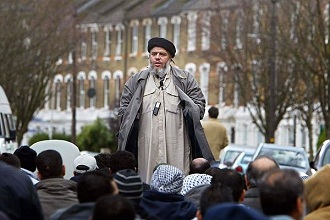Calm Before Greater Storm in Syria

Previous articles stressed Washington's longstanding regime change plans in Syria. Independent sovereign states aren't tolerated. Replacing them with pro-Western ones is policy. All means are used. They include punishing sanctions, color revolutions, violent coups, subversion, cyberwar, targeted assassinations, armed insurgencies, and war if other methods failed.
So far, Syria and Iran withstood hostile Washington assaults. At issue is what's next? On April 12, Syria was largely calm. Both sides halted hostilities. For how long?
Calm and stability defeat Washington's agenda. Advancing it depends on violence blamed on Assad. Expect lull conditions to be temporary.
Insurgent attacks will resume. It's just a matter of time. Alleged or provoked incidents will be used as justification. Perhaps one already occurred.
On April 12, Today's Zaman headlined, "Syrian troops fire on refugees fleeing Turkey," saying:
Hours before the ceasefire deadline, Turkey's state-run Anatolia news agency said Syrian troops "reportedly" fired on civilians fleeing to Turkey. "(N)o casualties were reported." Regard the allegation skeptically.
Syrian forces engage armed insurgents. Noncombatant civilians aren't attacked. Why would they fire on men, women and children posing no threat? Reports said they tried to enter Southern Turkey through its Kilis Province Oncupinar border post.
If an attack occurred, blame insurgents, not Assad. Witnesses said they heard "heavy gunfire." It was dark. Attackers weren't visible. It suggests guerilla activity, not an army provoked incident.



























